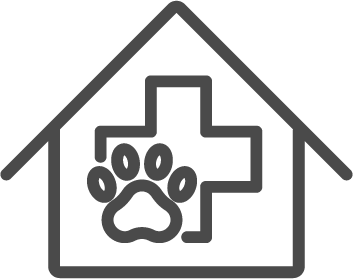There are not many humans who will raise their hand to admit they willingly like going to the dentist, and it is unlikely a dog would raise its paw either. However, veterinary dentistry is needed when a tooth gets attacked by disease and decay and is beyond saving. Dog dentistry is relatively straightforward, but aftercare is particularly important to reduce any discomfort your dog feels. Follow these three tips to ensure your canine buddy quickly bounces back from their veterinary dentistry procedure.
Rest
Your dog is kept for observation following the tooth removal because they are placed under anesthesia to perform the surgery. The after-effects of the surgery leave your dog groggy, so they are observed by the vet staff to ensure there are no negative complications. However, after your dog is returned home they will still feel a little off for up to 24 hours following the dental procedure. They need rest during this time, and their time spent exercising or moving around must be limited. If you do not have a small room, such as a bathroom or laundry, to contain your pet, then purchase a crate before the surgery is done. The crate must be big enough for them to stand up and turn around for comfort.
Liquid And Food
Your dog has an oral wound following the tooth extraction, so liquid and food choices for the next two weeks are important. Soft food and room temperature water are recommended so the wound site has time to heal. Any food which is sharp or tough may cause the wound to break open and bleed. Any food or liquid which is extremely hot or cold could aggravate this sensitive area, so keep these thoughts in mind as you prepare each meal.
Careful Observation
For the week following the dental surgery, it pays to keep a closer-than-normal eye on your pet's behaviour. In particular, you are looking for signs like the following:
- refusal to eat or drink which lasts more than a day
- bleeding or swelling along the gums
- lethargy
- a gut instinct that your pet is unwell
All of these items are indicative that an infection has taken hold. If this is this case, contact your vet's office immediately and book an appointment so that your dog can be checked out and medication prescribed if it is warranted. Any other questions you have about your pet's recovery can be answered by your vet or their staff.
To learn more, contact a resource like the Adelaide Animal Emergency & Referral Centre.

